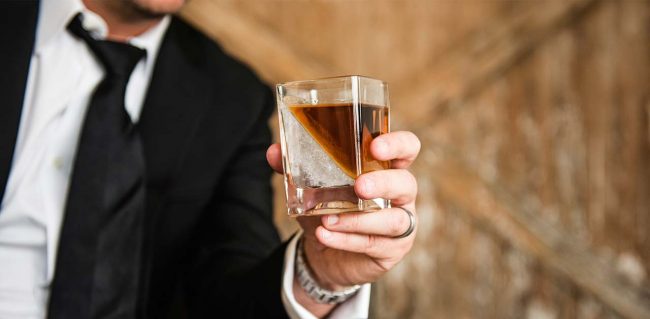It takes more than a few bottles of whiskey to become a real expert of the distilled spirit. Here are a couple of facts that any true Whiskey connoisseur should know.
Oldest Whiskey Distillery in the world
Old Bushmills Distillery in the north coast of Ireland is the oldest licensed whiskey distillery in the world.
What make Tennessee Whiskey different from the others?
It is the only type of whiskey which puts the spirit through a charcoal filtering process.
The Alcohol Content of Scotch Whisky
Scotch whisky is usually bottled at 40% or 43% abv. But you can also find 46%, 57% and all the numbers between, and sometimes even stronger stuff. The law states that whisky must have a minimum alcohol content of 40%.
Scotch Isn’t Just From Scotland Anymore
Malt whisky—whisky made from malted barley, yeast, and water and then aged in wood (like Scotch) is made all over the world. Irish whiskey (note the different spelling) is made with unmalted barley and has a lighter, smoother flavour than most Scotches.
Most whiskies have water added during the bottling process
This is done to get the proof down to around 80-86 (or 40-43% alcohol). “Cask strength” bottlings, which don’t have any added water, can be in excess of 60% alcohol. In such cases, a few drops of water really does help reveal flavours that would otherwise be hidden behind an alcoholic firewall.
Blends vs Single Malts
Once upon a time there was no such thing as single malt Scotch. The first single malt – Glenfiddich – didn’t hit the U.S. market until the early ’60s. A single malt whisky is made entirely of barley malted (or cooked) at a single distillery. Blends are smoother and lighter and better for beginners to start with. They’re generally cheaper, too.
Age Ain’t Nothing But a Number
A lot is whisky lovers look at a whisky’s age and think that the longer it’s been aged, the better. It’s all a lie. For every whisky, there is a time when aging it longer will do more harm than good. It’s up to the Malt Master to figure it out and that’s normally between 10 and 18 years. Blended whiskies don’t generally have an age statement while single malts generally do.




